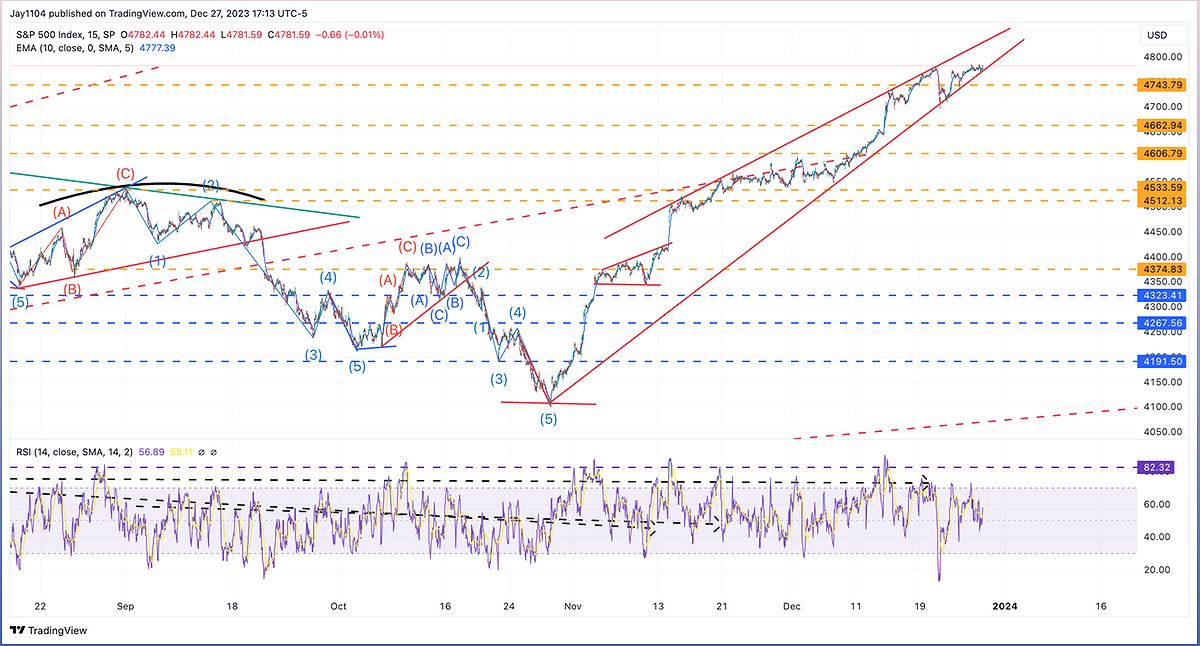As the stock market continues to reach new heights, it's important for investors to make informed decisions and maximize their returns. In this article, we provide expert advice from seasoned financial analysts on how to navigate a bull market. Learn why timing the market is not recommended, the importance of staying the course, and how to rebalance your portfolio for optimal results. Discover valuable insights and strategies to make the most of your investments in a soaring market.
The Importance of Time in the Market
One of the key pieces of advice from financial analysts is to avoid trying to time the market. Over the past two decades, the S&P 500 has produced an average annual return of around 6%. However, missing out on the 20 best days in the market during that time could significantly diminish your returns.
Financial experts emphasize that the time you spend in the market is more important than trying to predict its movements. By staying invested, you have the potential to benefit from the market's long-term upward trend.
Instead of trying to time the market, focus on your investment goals, risk tolerance, and time horizon. By maintaining a diversified portfolio and staying invested, you can increase your chances of achieving your financial objectives.
Rebalancing Your Portfolio for Optimal Results
Learn why portfolio rebalancing is crucial in a bull market and how it can help you manage risk and maximize returns.
During a bull market, it's common for certain investments to outperform others, leading to an imbalance in your portfolio. Rebalancing involves adjusting your portfolio back to its original asset allocation to ensure it aligns with your investment objectives and risk tolerance.
By rebalancing, you can effectively manage risk and prevent your portfolio from becoming too heavily weighted in one asset class. For example, if stocks have performed exceptionally well, you may need to sell some of your holdings and reallocate the funds to other asset classes like bonds or cash.
Financial advisors recommend reviewing your portfolio regularly and rebalancing at least once a year or when significant market shifts occur. This disciplined approach helps maintain a well-diversified portfolio and ensures you are not overly exposed to any single investment.
Maximizing Returns with a Long-Term Perspective
When it comes to investing, taking a long-term perspective can yield significant returns. Historical data shows that the stock market has consistently provided positive returns over extended periods. Between 1900 and 2017, the average annual return on stocks was around 11%.
By staying invested for the long haul, you can ride out short-term market fluctuations and benefit from the market's overall upward trajectory. This approach allows you to capitalize on compounding returns and potentially grow your wealth over time.
It's important to remember that investing in the stock market carries risks, and past performance is not indicative of future results. However, by staying focused on your long-term goals and avoiding knee-jerk reactions to market volatility, you can position yourself for potential success.




